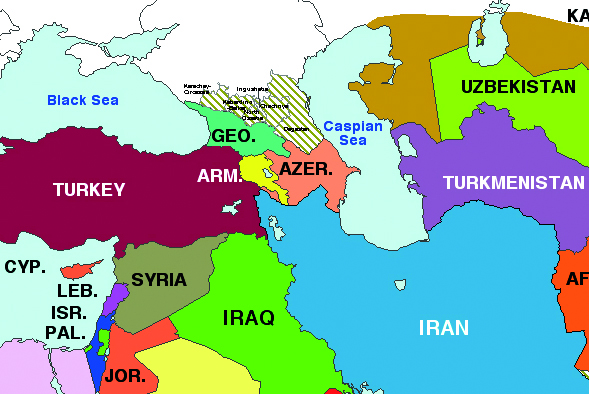Re-Emerging West Asia

Contemporary West Asia is typically portrayed as a region of fragility, plagued by lingering interstate conflict, ridden with the fallout from unresolved territorial disputes, and unsettled by the persistence of ethnic and religious identities which do not easily align with the creation of strong nation-states. In addition, persistent and debilitating authoritarian rule, the lack of political participation, and slow economic growth all cast their shadows on these states. Currently, the region has re-emerged as an area of geostrategic significance because of complex circumstances evolving in the Caucasus which have global implications. In addition, the region draws extensive external attention due to its access to energy resources, and particularly to its crucial role in existing and planned pipelines that provide gas to Europe and elsewhere. The events of 2011, while primarily involving only a small number of Arab states in the Middle East, have induced a sense that there is a global necessity to move towards more participatory forms of governance and to address outstanding issues of identity politics that undermine domestic, regional, and international stability. In line with this, in the 2014-2015 academic year CIRS has launched a new research initiative to provide further insight into the complex relationships and connections between the states of West Asia in geographic, political and socio-cultural terms.


